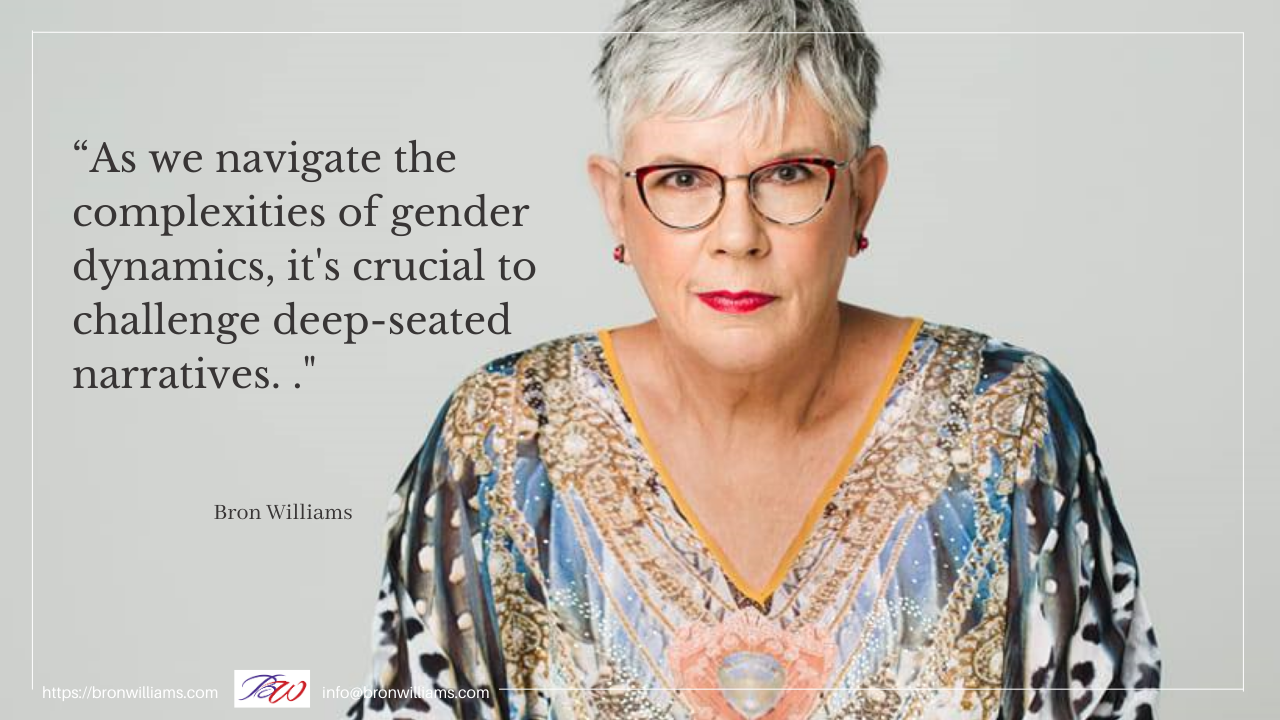Unravelling Narratives
The Serpent, Pandora, and the Blame Game

As I've been reflecting on ancient myths and the narratives that have woven themselves into the fabric of our culture, I find myself drawn to the symbolism of the serpent. In many ancient civilizations, the serpent was a powerful symbol, representing fertility, divine power, protection, and even the path to spiritual enlightenment. However, as I delve into these narratives, I can't help but notice a troubling trend, particularly in the biblical story of the Garden of Eden.
The serpent, once a symbol of feminine energy and wisdom, takes a sinister turn in the Garden of Eden narrative. It becomes the agent of opposition to God, using deceitful whispers to lead Eve astray. The consequence? Adam and Eve are cast out of paradise, burdened with curses that seem to lay blame squarely on their backs.
This narrative, echoed in various forms across cultures, has given rise to the idea that women are temptresses, untrustworthy, and inherently deceitful. Pair this with the Greek myth of Pandora, the first human woman, entrusted with a box containing all the world's evils. Despite warnings, her curiosity prevails, releasing a cascade of troubles upon the world, leaving only hope at the bottom of the box.
Combine these two powerful narratives, and a troubling overarching theme emerges: women can't be trusted; they are the source of all evil. The weight of this narrative has persisted throughout Western culture, shaping perceptions and influencing attitudes towards women. But here's the paradox — while women are portrayed as the culprits, history tells a different story.
Men, throughout history, have been the perpetrators of countless evils — genocide, nuclear war, famine, and the misuse of land. The irony is stark. The narrative points fingers at women, yet it is men who have unleashed the majority of these horrors upon the world. It raises a profound question: has this ingrained narrative subtly granted men a sense of innocence, a belief that they can act with impunity because, after all, it's not their fault?
Consider the atrocities committed by men — in the realms of war, violence, and abuse. The narrative's undercurrent seems to absolve them of guilt, placing the blame squarely on women. This dynamic, ingrained in our cultural psyche, contributes to a distorted power structure and a sense of entitlement.
Victim-blaming, too, finds its roots in these narratives. When a woman falls victim to violence or assault, society often questions her choices — what was she wearing, had she been drinking, why was she alone? It's a subtle reinforcement of the age-old belief that women, in some way, are responsible for the evils that befall them.
This narrative, perpetuated through generations, may also explain why some cultures historically restricted women's education. A curious woman, according to these myths, could spell disaster. The fear of curiosity, fuelled by the belief that women are inherently prone to mischief, has had lasting consequences.
As we navigate the complexities of gender dynamics, it's crucial to challenge these deep-seated narratives. We must recognize that blaming women for the world's ills is a distortion of reality. It's time to acknowledge that true empowerment comes not from perpetuating myths but from dismantling them. Let us strive for a world where curiosity is celebrated, where blame is not heaped upon a gender, and where the responsibility for our collective actions is shared by all.
So, let this be a call to action — a call to question, to challenge, and to rewrite the narratives that no longer serve us. It's time to unravel the threads of blame and weave a new tapestry that embraces equality, understanding, and the shared responsibility of creating a better world for all.
Bron Williams | Powered by Pro Website Creators | Privacy Policy